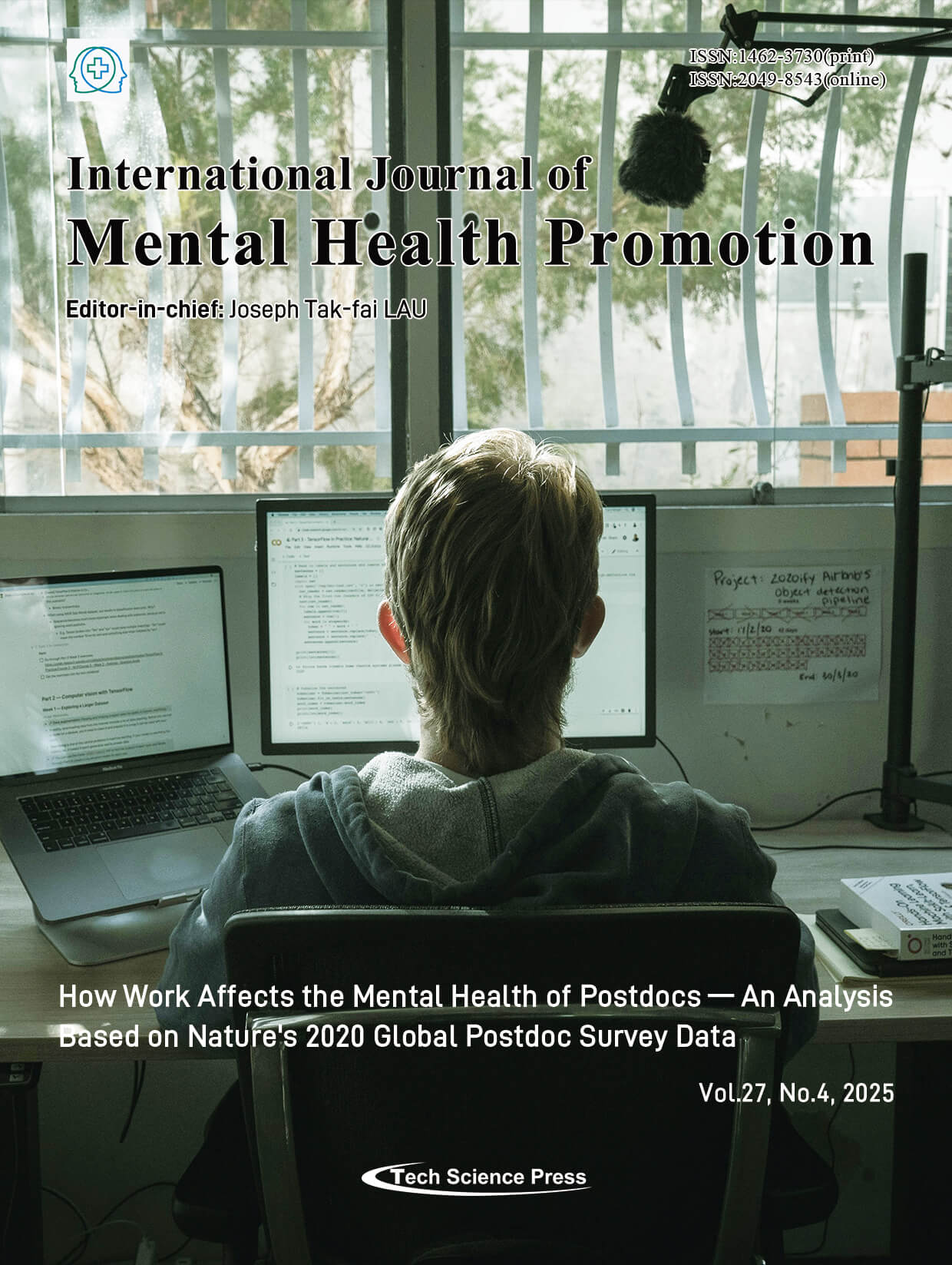
As the postdoctoral workforce expands worldwide, emerging as a driving force behind scientific innovation, their mental health faces growing threats from escalating pressures—relentless competition, precarious job prospects, and the "publish or perish" imperative. Grounded in Nature's 2020 Global Postdoc Survey and leveraging the Job Demands-Resources (JD-R) framework, this study uncovers critical mechanisms shaping postdocs’ psychological resilience. Findings reveal that excessive workloads, frequent overtime, and career instability directly heighten mental health risks, while mentorship, autonomy, and equitable rewards act as vital buffers. Crucially, work-life balance mediates all six job characteristics’ impacts on well-being, with striking gender disparities: women are disproportionately affected by long hours, whereas men are more vulnerable to job insecurity. These insights call for systemic reforms—flexible work policies, enhanced career safeguards, and robust mentorship networks—to safeguard postdocs’ mental health and sustain their scientific contributions. Bridging theory and practice, this research opens new pathways for cross-cultural, interdisciplinary studies on academic well-being while equipping institutions and funders with actionable strategies to nurture a thriving postdoctoral ecosystem.
View this paper